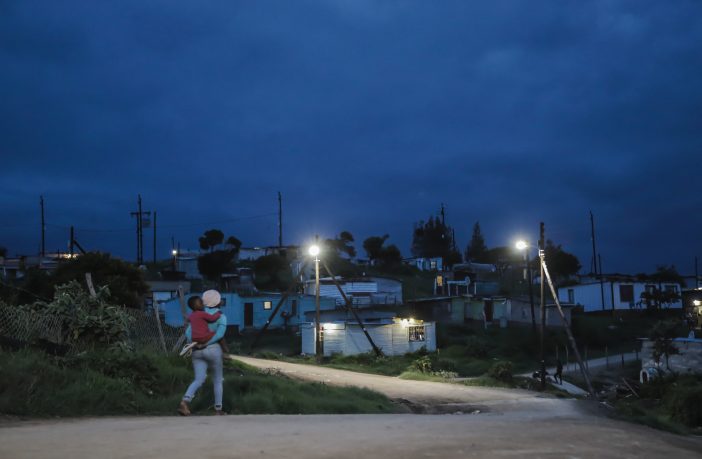- The South African German Energy Programme (SAGEN), implemented by the German Development Agency (GIZ) and the South African National Energy Development Institute (SANEDI) have announced a new lighting App for buildings designed to improve energy efficiency.
- The project was initiated by the Tshwane University of Technology (TUT) and hard tested at a military base.
- The app has been tailored especially for the local market and will be available for download in early 2021.
“Developed for both mobile and PC use, the app guides the user through a lighting energy audit of a building,” explains Dr Karen Surridge, manager of the Renewable Energy Centre of Research & Development for SANEDI.
“As you work your way through a building and its grounds, you count the lights and note their specs, thus gathering data that you enter into the app. The app then provides information on alternative lighting solutions, their cost, energy usage, the investment required and – importantly – the return on that investment in terms of energy and costs saved, ” she added.
Marlett Balmer of the GIZ says they funded this project due to the growing importance of energy efficiency: “It is estimated that replacing lighting systems with the latest LED technology could save between 30% and 60% of an organisation’s lighting bill. Investing in energy efficient lighting offers an immediately affordable intervention as a first step towards energy efficiency and sustainability with a direct monetary benefit.”
The app has been designed with municipal and government buildings in mind as the primary target market, however, both GIZ and SANEDI hope to see an uptake in the private sector too. “While the app could have a huge impact on public sector energy use, there are many large electricity consumers who could benefit from the app, which offers a valuable decision-making tool for those looking to reduce electricity use,” says Surridge. “Further, we would ideally like to see not just app downloads, but also actual implementation of the recommendations made by the app.”
The app has been tested in an extreme application with the South African Department of Defence, who has varied and unique lighting requirements at one of their defence bases. “The team used the app to audit the lighting of a defence base near Pretoria, which has very specific lighting needs for security and surveillance. Initial auditing revealed that the base could save as much as R200,000 a year, with an ROI of less than 12 months, should the base choose to implement all the app suggestions.” Importantly, the app suggestions ensure the user would ultimately have the benefit of the same if not better lighting quality, and environmentally friendly reduced energy use.
A team of five technologists at TUT were supported by relevant professors as they worked on the app throughout 2020. “The app surpassed our expectations and includes additional functionality and information not originally anticipated. We really appreciate TUT’s dedication and hard work to make the app a reality” commented Balmer.
Author: Bryan Groenendaal

















